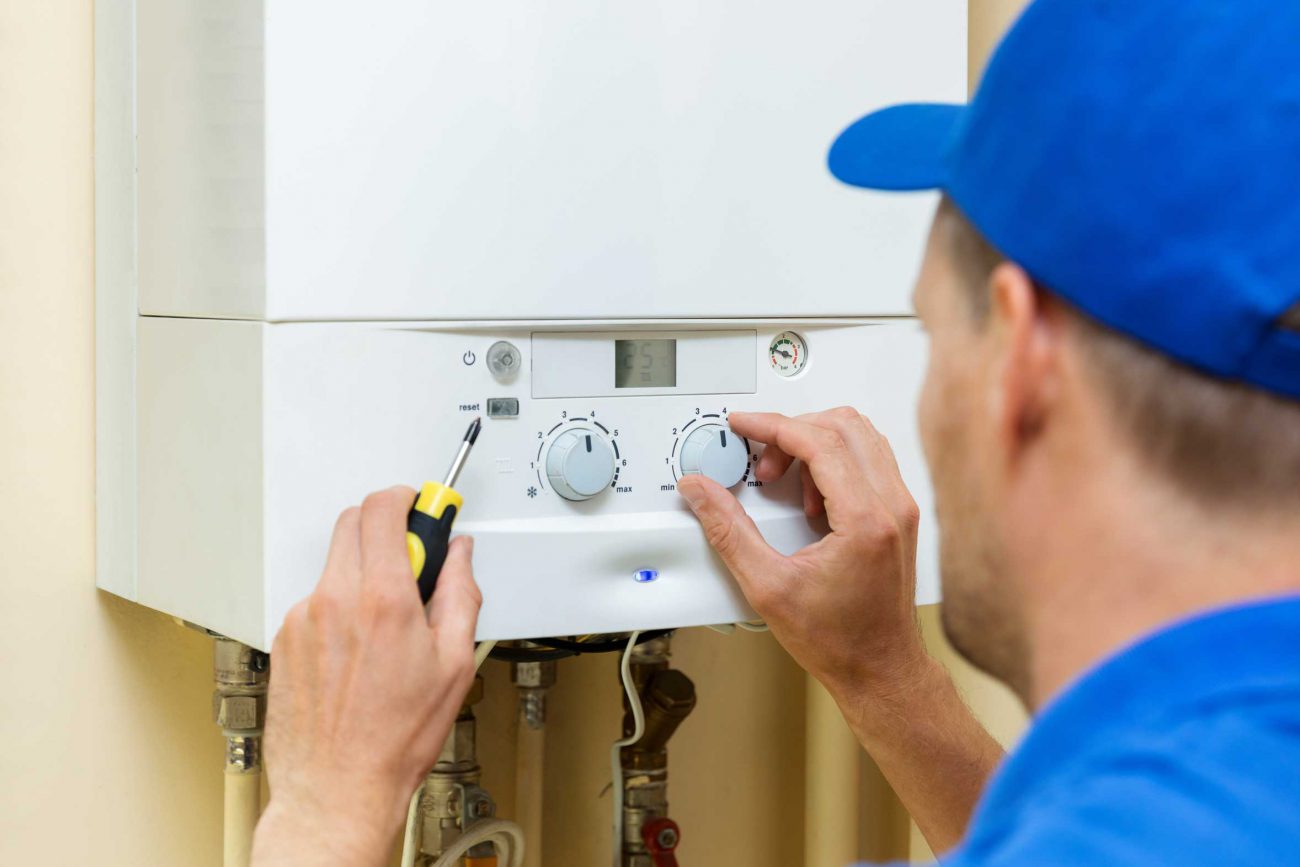How To Decide On The Boiler System That’s Right For Your Home
Caeva O'Callaghan | January 14th, 2020

Replacing a boiler is one of those big, messy jobs you never want to start – but a more efficient heating system can really make a difference to your home, and your wallet.
There are a lot of boiler systems on the market: combi, heat pump, or conventional tank included. Which one you choose is determined by a number of factors you need to take into consideration before you start shopping around for the latest model.
How large is your house?
Not only do you need to factor in how much space you have available, but you also need to think about how much hot water you are likely to use in the future. Big homes often come with big families, so you’ll need a boiler that can cope with the extra demand.
If you have very young babies you may need to keep the house warmer, but if you have older children they may take more showers or baths.
Combi-boilers take up the least space, so are the most practical solution for most households. An average house with one bath and one shower will be comfortable with a combi-boiler of between 24-30 kW. If you have an additional en-suite bathroom, a 30-35 kW boiler might be a better choice.
Do you have efficient insulation?
Back in the day, it was common practice to “oversize”: that is, choose a much bigger boiler than needed to compensate for heat loss, or how much heat escapes your home when it’s cold.
An expert can calculate your home’s heat loss by taking into account your floor area and number of radiators, as well as insulation, window glazing and other factors. They can then advise on the best boiler to compensate.
In the past, homes were a lot less efficient and most people installed boilers that were a whopping 30% bigger than needed to compensate for heat loss. Now, with more advanced technology and awareness of climate change, this isn’t necessary unless in rare cases and oversizing “just in case” will only cost you money.
As combi-boilers are sized for their hot water performance, you should be aware that this means they are typically oversized when it comes to your home’s heating demand.
How old is your heating system?
Replacing your boiler is all well and good, but if your home’s heating system is too old to use it properly, you won’t see any savings.
As daunting as it may seem, replacing your entire heating system – pipes and all – may be more efficient in the long run, especially if you have a very old property.
Your heating system, depending on the fuel you use, may consist of a boiler, pipes, radiators, water storage tanks, and heating controls.
If you change from a conventional boiler to a combi, you will no longer need a cold water tank in the attic or hot water tank in the linen cupboard, and can free up that extra space.
What fuel type do you want?
You may have a bit of a choice when it comes to fuel, but depending on your location it might be easier to go with what’s available. You should also think about renewable sources of energy for your new boiler.
Mains gas is a common fuel type, with most homes already connected to the network. With a gas boiler there is a constant supply, and is more environmentally friendly than other types of fuel.
Oil is an alternative for properties not connected to the gas network, and oil boilers tend to be non-condensing and floor standing, which means you’ll probably need more space. They also tend to offer a lower hot water flow rate.
What kind of future do you expect?
It sounds like a big, vague question, but boilers are a long-term investment and you need to think about what the next few years will hold.
Do you plan on starting or expanding your family? Are you going to spend the rest of your lives in the house? Or do you want to sell it quickly?
It’s also wise to take the environment into account, if you’re in a position to do so. Some new boilers can run on alternative energy sources such as solid fuel like wood pellets, chips and logs. You’ll need storage space and a suitable area to install a flue – and it may impact the sale of your house, since buyers may be unwilling to take on the commitment.
Gas boilers are now available which are compatible with solar energy. Oil systems can also run partially on bio-oil mixes, making them future-proof as well as environmentally friendly. How you take advantage of these systems is up to you.
Choosing a boiler isn’t a decision to be taken lightly, but it doesn’t have to be too difficult. It’s important to take enough time to choose the right one for your household.
Talk to us in QuoteMe.ie with any of your house insurance queries.
If you have any questions regarding home insurance or any specific queries regarding heating systems and boilers and how they may impact your insurance, please call us on 0818 224433 or 042 9359051 and talk to one of our Insurance experts. They are on hand to answer all your questions. You can also get an instant home insurance quote online. We compare the market to get you the best cover. We look forward to hearing from you.